Hong Kongers seeking residency in Taiwan face challenges, uncertainty amid evolving immigration policies
Taiwan was touted as a safe harbour for those wanting to move out of Hong Kong after the new national security law was passed in 2020. However, as cross-strait tensions deepen in recent years, sentiments towards the newcomers are changing.
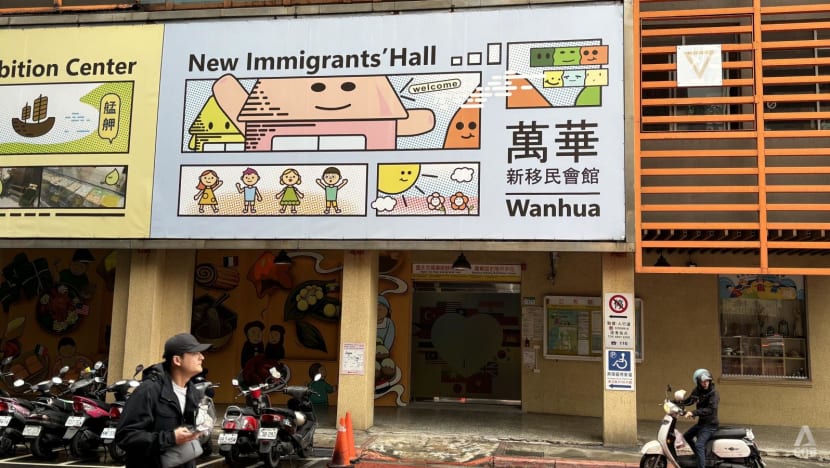
This audio is AI-generated.
TAIPEI: Hong Kongers are finding it harder to secure permanent residency in Taiwan, with no clarity on application criteria or timeline.
The island was touted as a safe harbour for those wanting to move out of Hong Kong after the national security law was passed in 2020 in response to the 2019 anti-extradition bill protests.
However, as cross-strait tensions heighten in recent years, Taiwanese President Tsai Ing-wen’s administration has grown increasingly wary of foreign infiltration, ordering more background checks on Hong Kong applicants seeking to settle in Taiwan.
Cross-strait relations have been on a decline since Ms Tsai’s pro-independence Democratic Progressive Party (DPP) came to power in 2016, with its deep concerns over Chinese interference well documented.
This has become even more evident as the upcoming presidential election nears. Taiwanese voters will head to the ballot box on Saturday (Jan 13) to choose their next president.
THE EXODUS TO TAIWAN
After authorities launched a sweeping crackdown on dissent in Hong Kong, President Tsai seized the chance and touted Taiwan as a destination for those seeking to leave.
It was a rallying call that stoked anti-Chinese sentiments on the island, and tipped the scales in her favour during the 2020 presidential election.
Authorities soon set up the Taiwan-Hong Kong Services and Exchanges Office to facilitate the relocations.
In 2021, a year after the Beijing-imposed national security law was introduced, some 11,000 Hong Kongers moved to Taiwan. The figure was twice the number of Hong Kong relocations to the island in 2018.
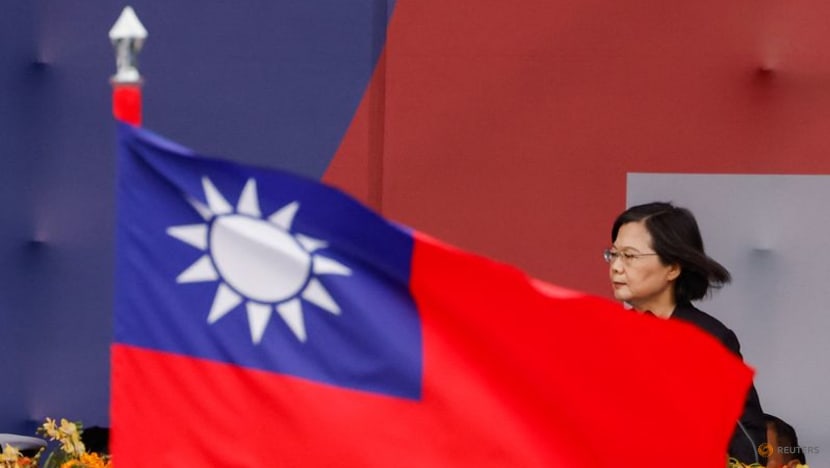
One Hong Konger who made the move in 2021 was Ms Wong, who only wanted to be known by her surname.
"I was in Hong Kong for 40 years and what I treasured most about it was the freedom of speech. The erosion of that freedom of speech was the most prominent factor in my decision to leave,” she told CNA.
Ms Wong already held a Taiwanese identification card as she was a student in Taiwan before 1997. Her husband moved over during the pandemic and successfully applied for permanent residency.
One retiree, who only wanted to be known as Mr Chan, relocated from Hong Kong to Taiwan in 2021, after the national security law came into force.
"I had not intended to leave Hong Kong previously. Many people emigrated after the Jun 4 incident and the handover in 1997, but I had never thought of leaving. But (in 2021) I felt that I had to leave,” he told CNA, referring to the Jun 4, 1989 Tiananmen Square incident.
He has chosen to settle down in Taoyuan District, as a lake in the middle of the neighbourhood reminds him of his hometown Yuen Long in northwest Hong Kong.
Mr Chan had arrived in Taiwan through the investment immigration route, where he had to put some US$200,000 in a local company, employ two Taiwanese workers, and keep the business running for at least three years.
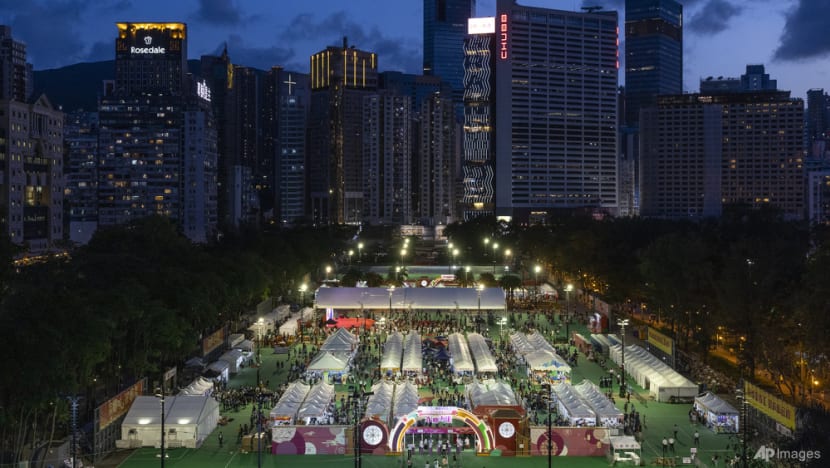
Fulfilling the conditions would allow him to apply for naturalisation within one year of arrival in Taiwan back then.
As a former teacher with no business experience, there were huge risks involved, but he said it was his only way out.
"If I had not retired, it would have been difficult to continue in the education field,” said Mr Chan.
“If I said anything politically incorrect, students would complain. Even just one or two complaints could cause a lot of trouble."
HARD TO SECURE RESIDENCY
However, the tides started to turn just a year after Mr Chan relocated, with reports surfacing in 2022 that plans to relax immigration rules for Hong Kongers had been put on hold.
“I have lived here for two years and I filed the application after the first year. But there is still no progress,” he said.
Ms Shirley Cheung, founder of Formosa Immigration Consultancy, said: "Nearer to the end of 2021, when we submitted applications to the Taiwan government to try to get citizenships for my customers, we waited for two to three months, and we still didn’t get any feedback from them.”
Before that, it typically took just a week to get approval, she added.
Taiwan’s Mainland Affairs Council refuted claims that there were hidden quotas, when complaints of stonewalling started streaming in.
It said it had mandated a review for applicants who were citizens of mainland China or employed by agencies associated with China, due to security concerns.
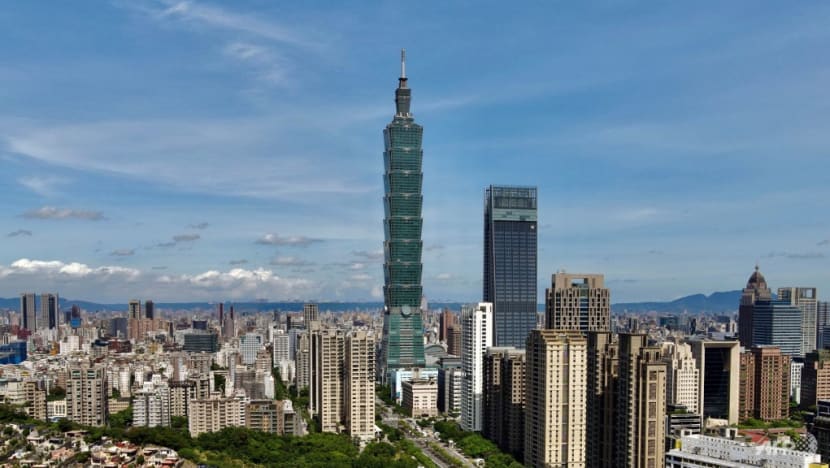
Ties have already been strained since Hong Kong suspended its representative office in Taiwan in 2021. Although no explicit reasons were given, the suspension came on the back of the pro-democracy movement in Hong Kong.
From January to October last year, about 5,600 applicants were granted residency in Taiwan, which was a 22 per cent year-on-year drop. There was also a 9.5 per cent dip in those granted permanent residency.
Permanent residents have the right to live and work in Taiwan without restrictions. It also paves the way for citizenship application.
“For the past year, I've only gotten three cases that were successful in securing Taiwanese citizenship,” said Ms Cheung.
Before 2021, she had an average of five to six successful cases monthly.
THE DRAW OF RELOCATING
Tamsui, a newly developed district in northern Taipei, is among a handful of neighbourhoods on the outskirts of the capital that has seen an influx of Hong Kongers in the last three years.
Hong Kong diners – known commonly as cha chan tengs – have popped up along the streets, and a church is home to a small Hong Kong community.
Cantonese, the dominant language in Hong Kong, is also commonly spoken there.
Property agent Lee Chuen Chi from Yong Rui Real Estate told CNA: "Hongkongers usually come to Taiwan with a large family and a big budget. They can purchase a three-bedroom unit of 1,000 sq ft, instead of a two-room flat in Hong Kong at the same price.”
He explained that Tamsui is a popular choice as it is very close to the sea.
“If you want to live by the sea in Hong Kong, the property prices are sky-high,” said Mr Lee, a Hong Konger himself who now helps fellow migrants put down roots in Taiwan.
As a graduate from a university in Taiwan, he thought his chances of obtaining permanent residency would be higher. However, authorities are now still requesting additional details after he had submitted the requisite documents in 2022.
“I hope there will be a clear indicator for the application as soon as possible so at least we have a goal. Otherwise, we will have to wait again,” he said.
Ms Cheung said it is never an outright “no”, but a lengthy wait, for new applicants.
"For the investment scheme, they will usually ask my client to run the business for one more year,” she said, sharing some reasons cited in prolonging applications.
Applicants under the professional scheme are made to prove that they either have the Taiwanese local licence for their professional qualifications, or have secured a job related to the field.
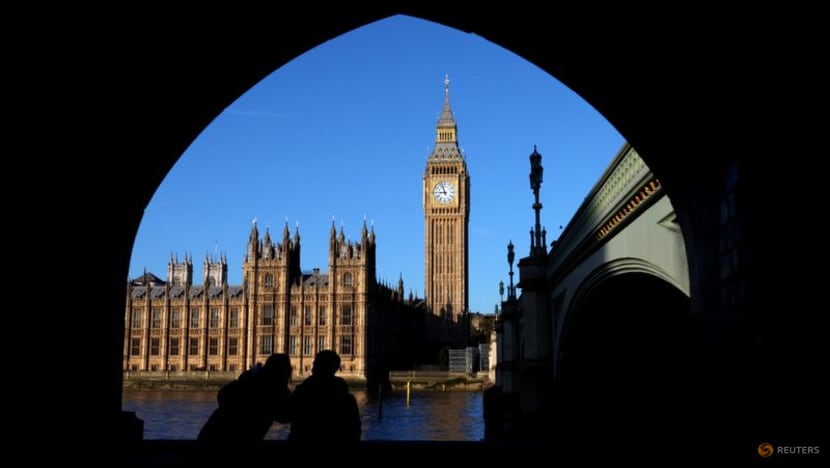
BACKUP PLANS
Due to the policy issues in Taiwan, some applicants have decided to go to the United Kingdom as a second option instead, with many leaving in a hurry after selling their properties in Taiwan, said Mr Lee.
The UK has a clearer immigration criteria, he noted.
Mr Jan Jyh-horng, Deputy Minister of Taiwan’s Mainland Affairs Council, said the Taiwanese authorities do not turn down applications which are unqualified for the residency, and instead give them “more time to fulfil the requirements”.
“But due to the miscommunication between both sides, some Hong Kongers wonder why they have to wait for another one or two years,” he said.
“If they file the application legally, we will try our best to help the Hong Kong people secure permanent residency in Taiwan."
Though there remains no definite timeline for residency approvals, the Hong Kong community in Taiwan is watching the upcoming presidential contest with interest.
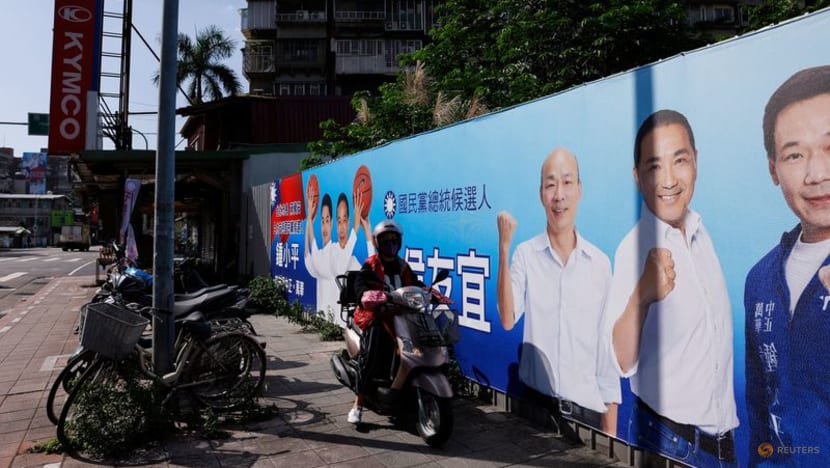
Ms Cheung said that while most Hong Kongers have left for places like the UK or Canada, or have returned to Hong Kong, there is “a small number still waiting in Taiwan”, hoping for a policy change after the election that could help their cause.
Ms Wong said the “frequent elections” in Taiwan often lead to changes in its immigration policy.
“The concern is not about the impact thereafter, but how the policy changes affect the people who have already applied,” she said.







